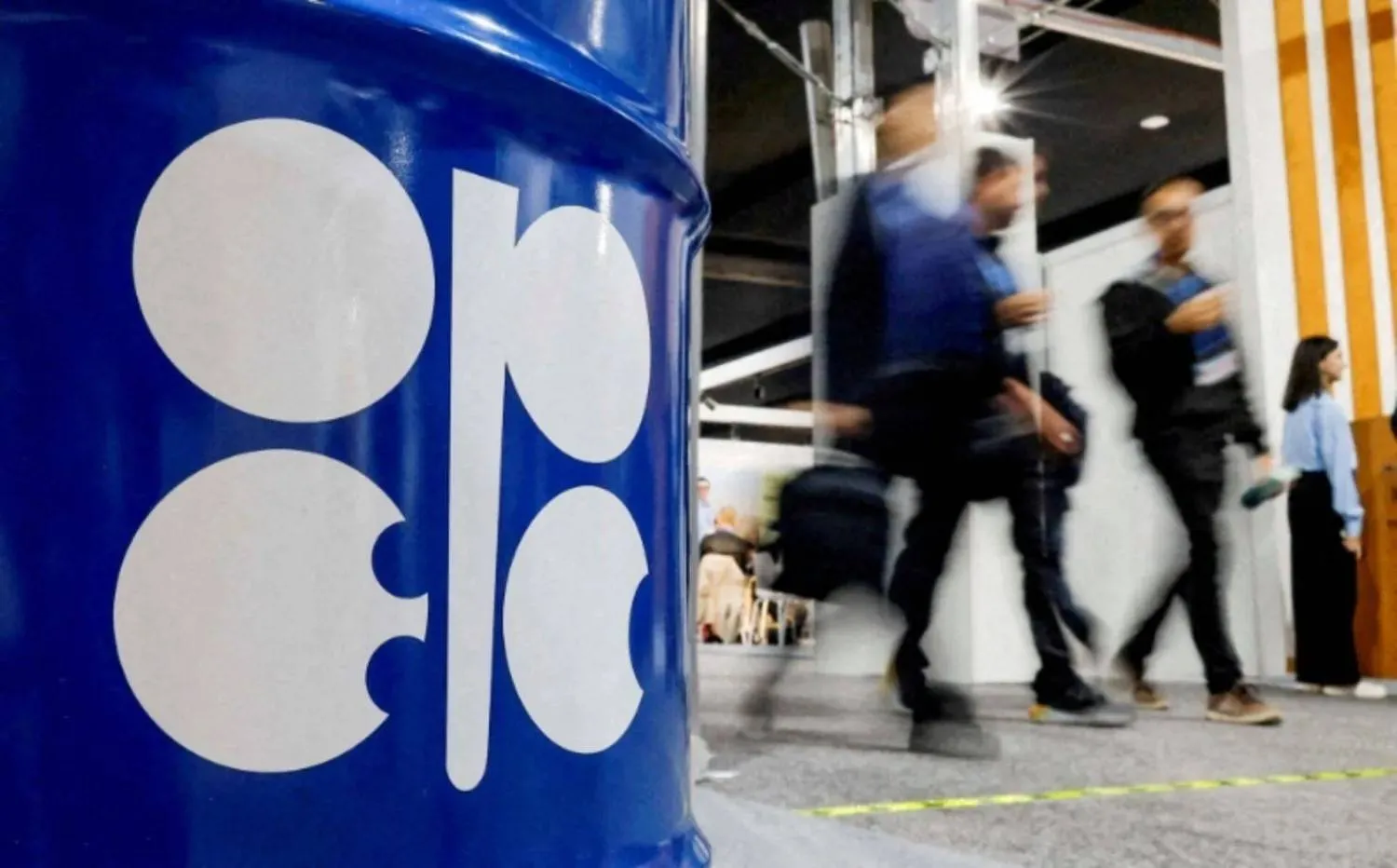High demand for residential units in Saudi Arabia’s major cities, along with a recovery in the real estate market driven by lower interest rates, has boosted the total value of real estate transactions in the Kingdom to $50 billion (SAR 188 billion) during the first nine months of 2024. This marks a 35% increase compared to the same period last year, according to real estate experts who expect this growth to continue in the next quarter and in the coming years.
Data from the Saudi Ministry of Justice revealed that over 162,000 real estate transactions were recorded during this period, with the residential sector accounting for about 86% of the total. The commercial sector made up around 10% of the transactions. The Riyadh region led the way with approximately 60% of the total transactions, valued at $27 billion (SAR 101 billion), followed by the Makkah region with 19%, valued at $11.8 billion (SAR 44.3 billion).
Investor Confidence
In remarks to Asharq Al-Awsat, real estate expert and appraiser Eng. Ahmed Al-Faqih highlighted that the growth in real estate transactions reflects the strong confidence of investors and stakeholders in the resilience and attractiveness of the Saudi real estate market. He noted that this was particularly evident in Riyadh, which accounted for half of the total real estate activity over the past nine months, driven by the government’s launch of several large-scale projects in the capital.
Al-Faqih added that the real estate market’s growth is aligned with the broader investment activity in the country. This growth is supported by increased regulations, governance, and transparency, which have propelled Saudi Arabia to rank 12th globally in the Real Estate Transparency Index, placing it among the top 40 international markets in terms of transparency.
A report from global real estate consultancy Knight Frank noted that the total value of Saudi Arabia’s Vision 2030 projects launched in the past eight years has reached $1.3 trillion.
Supply and Demand
For his part, real estate expert Saqr Al-Zahrani told Asharq Al-Awsat that supply and demand are the primary drivers of the real estate market in Saudi Arabia. He anticipates that a gradual reduction in interest rates will stimulate real estate demand in the fourth quarter of 2024 by lowering financing costs, encouraging both investors and buyers to capitalize on the opportunity.
Al-Zahrani attributed the growth in real estate transactions in Riyadh to its position as a key destination for internal migration and investment opportunities, driven by infrastructure projects and a growing population, which continue to boost demand for both residential and commercial properties in Riyadh and nearby areas.
He also highlighted that regional conflicts and Saudi Arabia’s stable strategic position have increased the Kingdom’s appeal in the real estate market.
Looking ahead to the fourth quarter of 2024, Al-Zahrani expects continued growth in real estate transactions due to three key factors: the seasonal rise in demand in Makkah during Umrah and Hajj, the increase in residential and commercial projects in Riyadh alongside significant infrastructure investments, and the easing of financing restrictions with lower interest rates.
Al-Zahrani identified six factors that will drive long-term growth in Saudi Arabia’s real estate market: large infrastructure projects improving the quality of life, growing demand for housing due to population growth and internal migration, regulatory reforms facilitating property ownership and investment, increased foreign investment driven by political stability, diverse financing options such as investment funds and crowdfunding platforms, and Saudi Arabia’s stable political climate compared to neighboring countries, boosting investor confidence.









